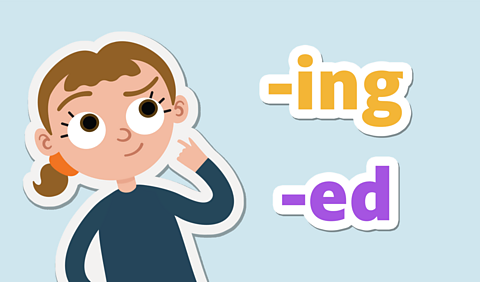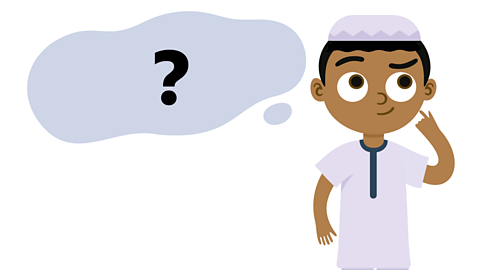
What are prefixes?
Prefixes are a group of letters that change the meaning of a word when they are added to the start.
The prefix un- usually means 'not', so the new word means the opposite of the original.
For example:
unkind means ‘not kind’
unhappymeans 'not happy'
unlocked means 'not locked'

Watch: How to use the prefix -un
In this Teacher Talk, Mr Smith explains all about how to use the prefix un- and shows you some examples.
Watch, listen carefully and join in with the activities.
Learn how to use the prefix un-.
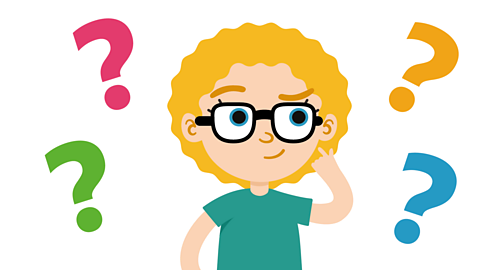
Activity 1
Write out the words below adding un- to the start.
Then explain what the new word means.
The first one has been done for you:
certain = uncertain. This means not certain.
sure =
happy =
tidy =
well =
You can check your answers using this answer sheet.

Activity 2
Just like you did in the Teacher Talks video, match up the words in the list below with their meaning.
You can point to the right answers, or write out the words and their meanings.
| Word | meaning |
|---|---|
| untidy | not happy |
| unclean | not healthy |
| unhealthy | not clean |
| unwell | not kind |
| unhappy | not well |
| unkind | not tidy |
You can check your answers using this answer sheet.
Activity 3
Choose a word that uses the prefix un- to complete these sentences in this quiz.
Activity 4
You cannot add un- to every word.
Read the words in the quiz. Click on the ones that you can add the prefix un- to.
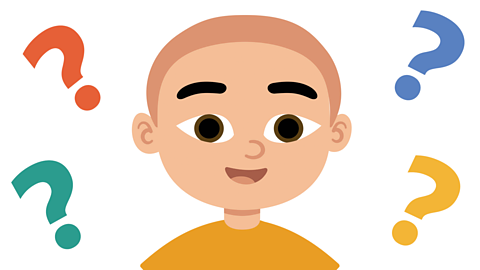
Activity 5
Below is a list of five words you can add un- to.
- safe
- zip
- friendly
- believable
- lock
Choose three words and add the prefix un- to them.
Now write three sentences using those words. For example:
It is unbelievable that you saw an alien!

BBC Bitesize newsletter. External Link
Sign up to our BBC Bitesize newsletter to receive monthly news, stories and updates on latest Bitesize content.

More on Prefixes and suffixes
Find out more by working through a topic
- count1 of 5
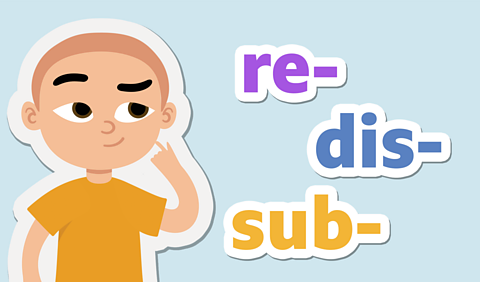
- count2 of 5
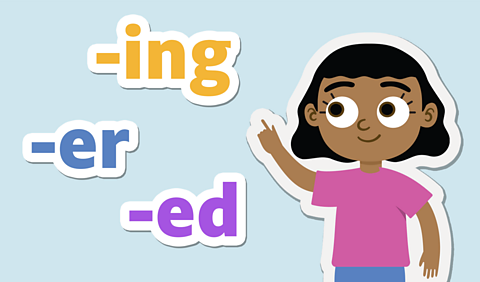
- count3 of 5
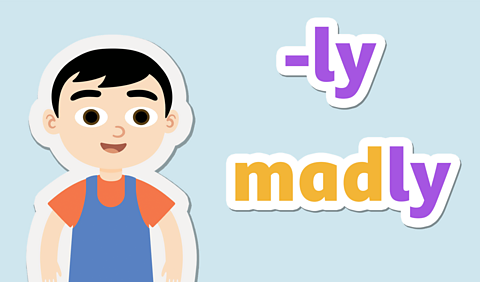
- count4 of 5
